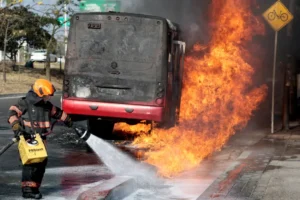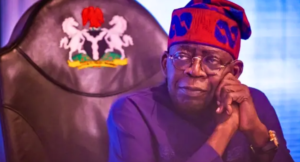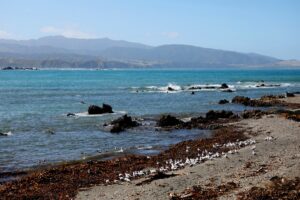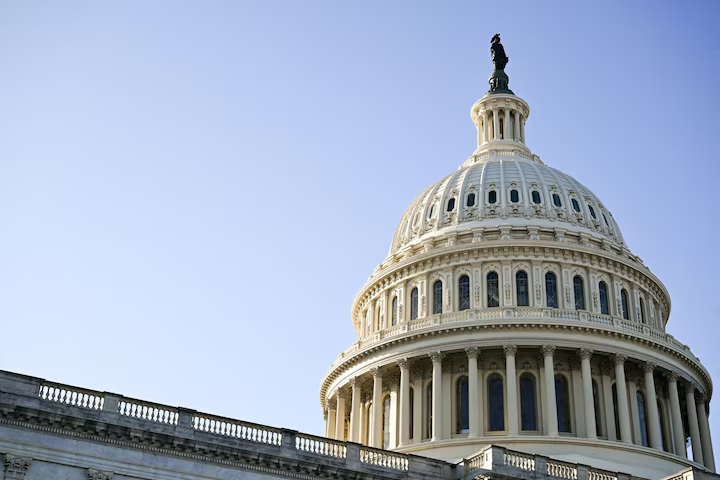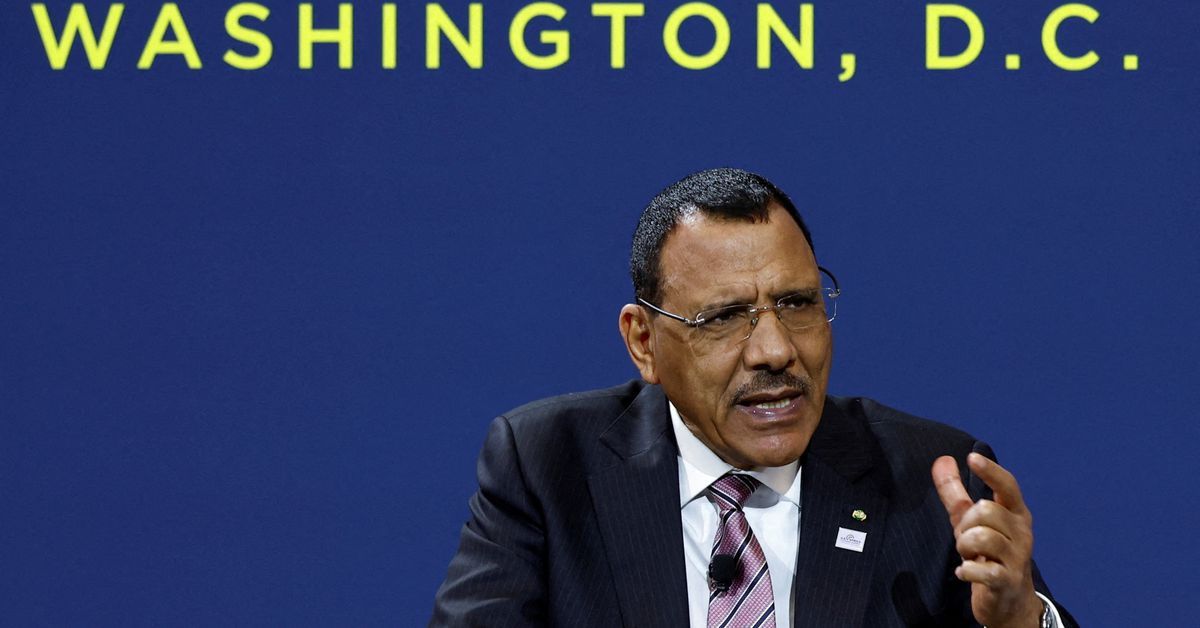
The junta that seized power in Niger in a July 26 coup said late on Sunday that ousted President Mohamed Bazoum could be prosecuted for high treason.
The coup leaders have imprisoned Bazoum and dissolved the elected government, drawing condemnation from West African powers, which have activated a standby military force that could intervene to reinstate Bazoum.
Colonel Amadou Abdramane, a spokesperson for the junta, said on state TV that it had “assembled the necessary elements to prosecute the ousted president … for high treason and undermining the internal and external security of Niger.”
West Africa’s main regional bloc ECOWAS is expected on Monday to push for more talks with the junta, which has signalled a potential willingness to find a diplomatic resolution to the standoff over the coup.
The bloc’s parliament on Saturday said it wanted to send a committee to meet the junta in Niamey. The proposed timing for this mission was not immediately clear.
The Peace and Security Council of the 55-nation African Union is also expected to meet on Monday to discuss the situation in Niger, a sign of the level of concern over the possible fallout from West and Central Africa’s seventh coup in three years.
At stake is not just the fate of Niger – a major uranium producer and Western ally in the fight against an Islamist insurgency – but also the influence of rival global powers with strategic interests in the region.



